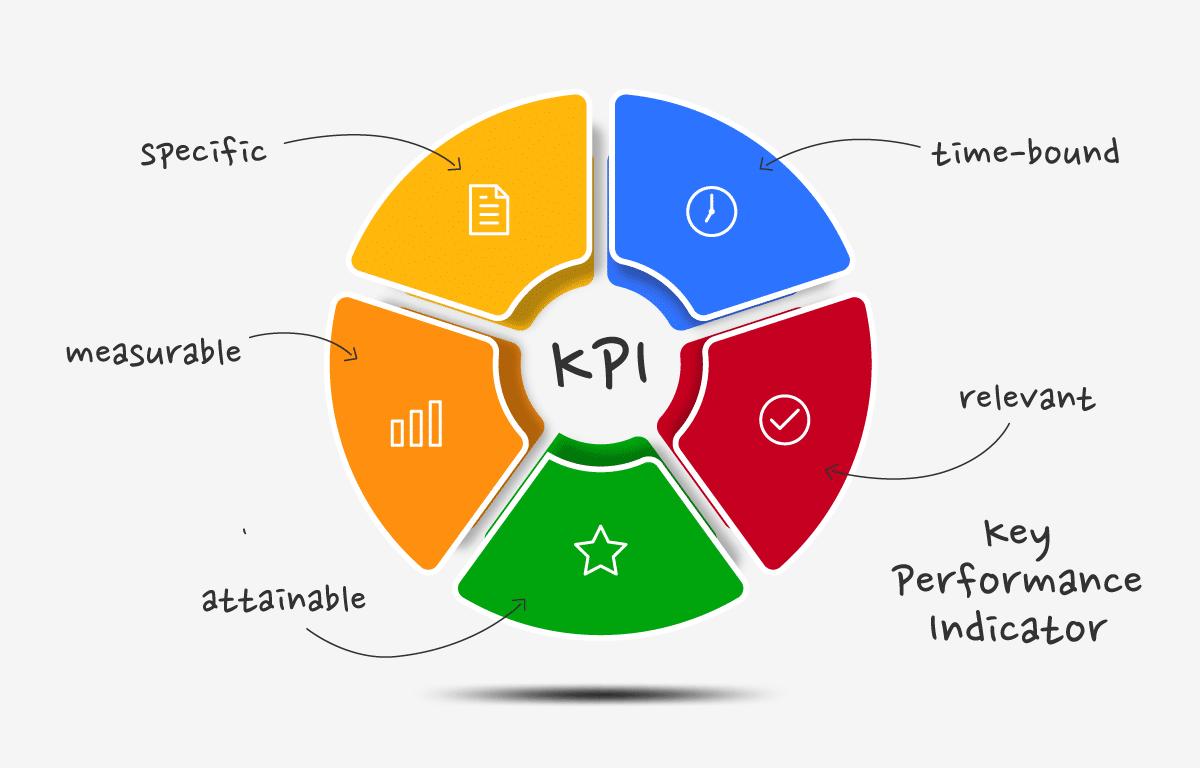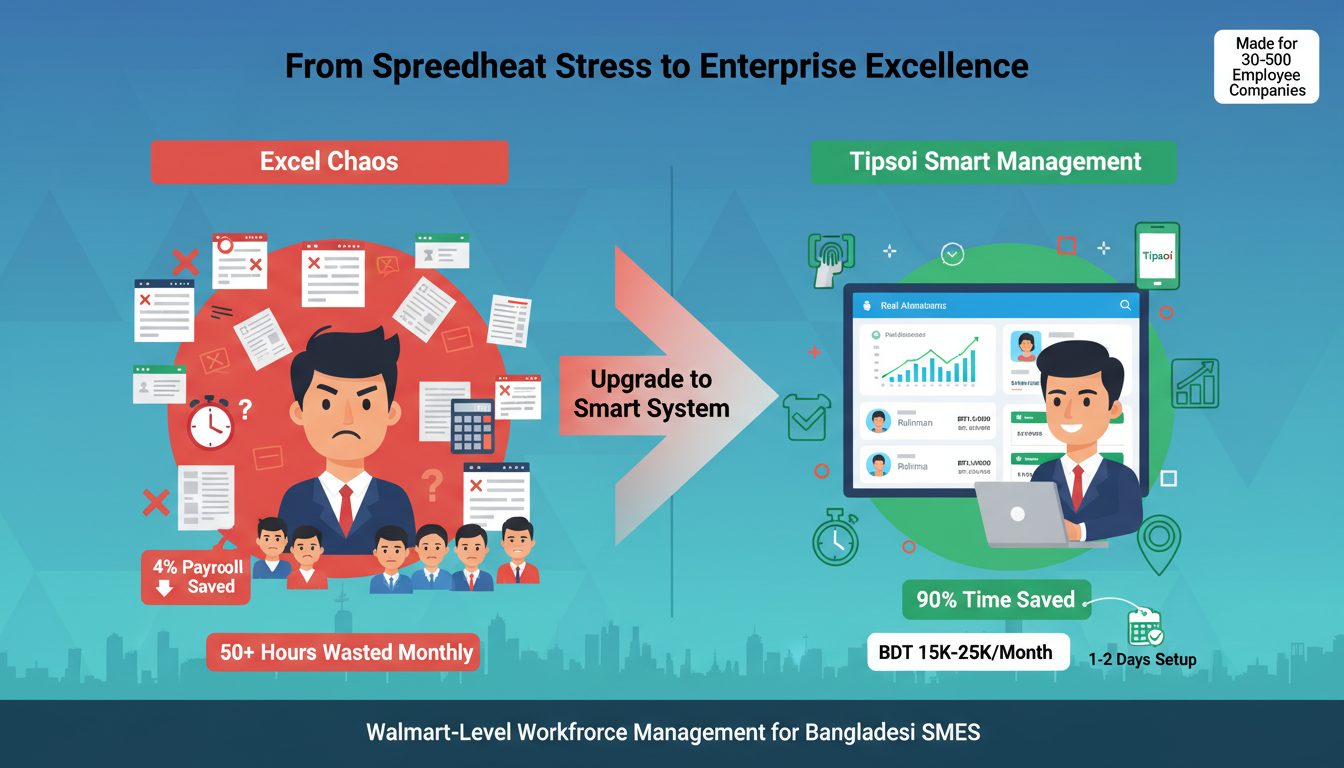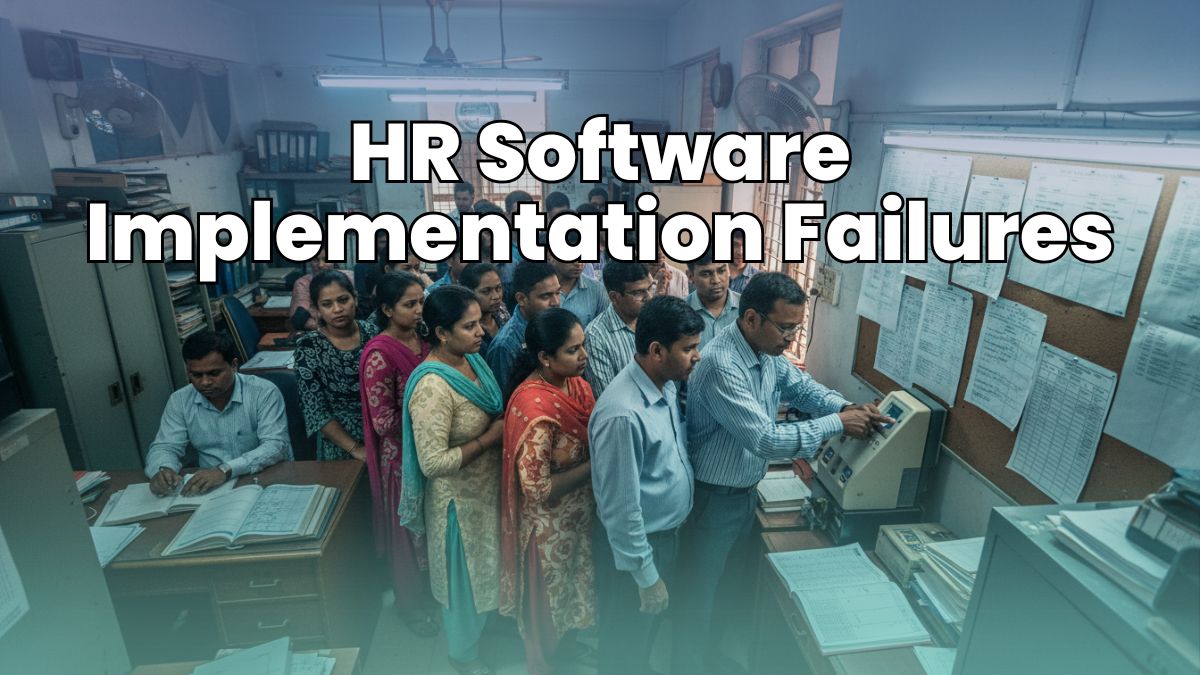Key Performance Indicators, or KPIs, are important for any business. They help you understand how well your business is doing. Let’s dive into what KPIs are and how they can help you.
What are Key Performance Indicators?
KPIs are numbers that show how well a company is doing. They are like a report card for your business. You can use KPIs to see if you are meeting your goals.
Why Are Kpis Important?
KPIs help you track progress. They show if you are moving in the right direction. They also help you make smart decisions. With KPIs, you can see what is working and what needs to change.
Types Of Kpis
There are many types of KPIs. Here are some common ones:
- Financial KPIs: These show how well your business is doing with money. Examples are revenue and profit.
- Customer KPIs: These show how happy your customers are. Examples are customer satisfaction and retention rates.
- Process KPIs: These show how well your internal processes are working. Examples are production time and error rates.
- Employee KPIs: These show how well your employees are performing. Examples are employee satisfaction and turnover rates.
How to Choose the Right KPIs
Choosing the right KPIs is important. Here are some steps to help you:
Set Clear Goals
First, you need to know what you want to achieve. Set clear goals for your business. This will help you choose the right KPIs.
Identify Key Areas
Next, identify the key areas of your business. These are the areas that are most important to your success. Focus on these areas when choosing KPIs.
Choose Relevant Kpis
Choose KPIs that are relevant to your goals and key areas. Make sure they are easy to measure and understand.
Review And Adjust
Finally, review your KPIs regularly. Adjust them if needed. This will help you stay on track and achieve your goals.
:max_bytes(150000):strip_icc()/Key-Performance-Indicators-e2cedcbe530c4440bb21a22bdf7dc63f.png)
Credit: www.investopedia.com
Examples of KPIs
Here are some examples of KPIs for different types of businesses:
Retail Business
| KPI | Explanation |
|---|---|
| Sales Growth | Measures the increase in sales over time. |
| Customer Acquisition Cost | Measures the cost of acquiring a new customer. |
| Inventory Turnover | Measures how quickly inventory is sold and replaced. |
Service Business
| KPI | Explanation |
|---|---|
| Customer Satisfaction | Measures how happy customers are with the service. |
| Service Quality | Measures the quality of the service provided. |
| Employee Productivity | Measures how much work employees are doing. |
How to Track KPIs
Tracking KPIs is important. Here are some tips to help you:
Use Tools
Use tools to track your KPIs. There are many tools available. Choose one that works for your business.
Set Regular Check-ins
Set regular check-ins to review your KPIs. This will help you stay on track.
Communicate With Your Team
Communicate your KPIs with your team. Make sure everyone knows what they are working towards.
.png)
Credit: www.geeksforgeeks.org
Frequently Asked Questions
What Are Key Performance Indicators (kpis)?
KPIs are measurable values. They show how well a company meets key business objectives.
Why Are Kpis Important In Business?
KPIs help track progress. They show if a company is achieving its goals.
How Do You Choose The Right Kpis?
Choose KPIs that align with your business goals. They should be specific, measurable, and relevant.
What Are Examples Of Common Kpis?
Sales growth, customer satisfaction, and employee turnover. These are common examples of KPIs.
Conclusion
KPIs are important for any business. They help you track progress and make smart decisions. Choose the right KPIs for your business. Review and adjust them regularly. This will help you achieve your goals.








